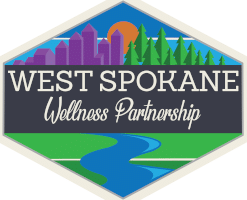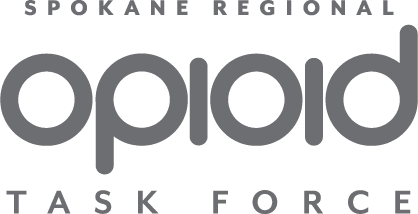Prescription Drugs
What are prescription drugs?
Prescription drugs are often strong medications, which is why they require a prescription from a doctor or dentist. There are three kinds of prescription drugs that are commonly misused:
- Opioids—used to relieve pain, such as Vicodin®, OxyContin®, or codeine
- Depressants—used to relieve anxiety or help a person sleep, such as Valium® or Xanax®
- Stimulants— used for treating attention deficit hyperactivity disorder (ADHD), such as Adderall® and Ritalin®
Prescription drug misuse has become a large public health problem, because misuse can lead to addiction, and even overdose deaths.
What Makes Prescription Drug Misuse Unsafe
Every medication has some risk for harmful effects, sometimes serious ones. Doctors and dentists consider the potential benefits and risks to each patient before prescribing medications and consider a lot of different factors, described below. When prescription drugs are misused, they can be just as dangerous as drugs that are made illegally.
- Personal information. Before prescribing a drug, health providers consider a person’s weight, how long they’ve been prescribed the medication, other medical conditions, and what other medications they are taking. Someone misusing prescription drugs may overload their system or put themselves at risk for dangerous drug interactions that can cause seizures, coma, or even death.
- Form and dose. Doctors know how long it takes for a pill or capsule to dissolve in the stomach, release drugs to the blood, and reach the brain. When misused, prescription drugs are sometimes taken in larger amounts or in ways that change the way the drug works in the body and brain, putting the person at greater risk for an overdose. For example, when people who misuse OxyContin® crush and inhale the pills, a dose that normally works over the course of 12 hours hits the central nervous system all at once. This effect increases the risk for addiction and overdose.
- Side effects. Prescription drugs are designed to treat a specific illness or condition, but they often affect the body in other ways, some of which can be uncomfortable, and in some cases, dangerous. These are called side effects. Side effects can be worse when prescription drugs are not taken as prescribed or are used in combination with other substances. See more on side effects below.
How Prescription Drugs are Misused
- Taking someone else’s prescription medication, even if it is for a medical reason (such as to relieve pain, to stay awake, or to fall asleep).
- Taking a prescription medication in a way other than prescribed—for instance, taking more than the prescribed dose or taking it more often, or crushing pills into powder to snort or inject the drug.
- Taking your own prescription in a way that it is not meant to be taken is also misuse. This includes taking more of the medication than prescribed or changing its form—for example, breaking or crushing a pill or capsule and then snorting the powder.
- Taking the prescription medication to get “high.”
- Mixing it with alcohol or certain other drugs. Your pharmacist can tell you what other drugs are safe to use with specific prescription drugs.
West Spokane Wellness Partnership provides prescription drug education to schools, parents/caregivers, school staff, and community on an ongoing basis. See our events page to learn more!
Learn more about prescription drugs here:
West Spokane Wellness Coalition
Spokane Prevention Coalition Partners
East Valley Community Coalition
Shadle Prevention Coalition
Spokane Prevention Coalition Homepage

This website is funded with Drug Free Community Grant funds. The Drug-Free Communities (DFC) Support Program is the nation’s leading effort to mobilize communities to prevent and reduce substance abuse among youth. Created in 1997 by the Drug-Free Communities Act, administered by the White House Office of National Drug Control Policy (ONDCP), and now managed by CDC, the DFC Program provides grants to community coalitions to strengthen the infrastructure among local partners to create and sustain a reduction in local youth substance use. Currently, ONDCP funds more than 700 community coalitions across the country in all 50 states. DFC grant recipients are awarded up to $125,000 per year, including West Spokane Wellness Partnership and Shadle Prevention Wellness Coalition service areas.

